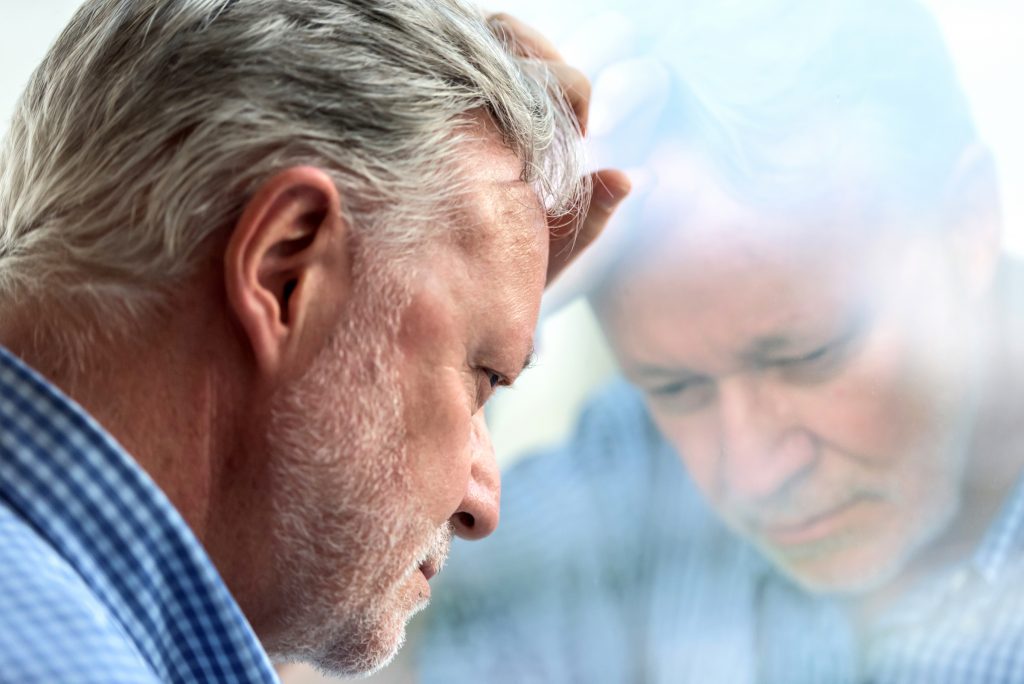
Boys and men—life cycle challenges
Hard to picture how both of these statements can be true:
• Males enjoy a privileged status in our culture;
• Being male is a risk factor in our culture.
Yet there is plenty of evidence that they are both true.
Navigating growing up male—and helping our sons do that today—can be confusing, even daunting. Having frank conversations with a man with the expertise and communicative skills to address these issues tactfully can help a lot.
Males are at greater risk for a host of disorders and bad outcomes, including attention deficit, hyperactivity, autism, disciplinary issues and academic struggles in school, substance abuse, gambling, violence, heart disease.
While some social changes happen faster than we can process them, other old rules never seem to quite go away—like, real men don’t show pain.
It’s confusing, and can lead to shame, guilt, and estrangements, from others and from oneself. For parents of boys, it can lead to anxiety and a tentative approach that can unsettle a son.
There is general agreement that America now is a particularly challenging and confusing place to be male, partly because what had seemed self-evident truths about maleness are being challenged on many fronts. What is often missed in hand-wringing assessments of the current state of boys and men is how much opportunity this change and ferment represents.
With the collapse of patriarchal certainties, males have never had so much range of motion, so many choices to make about who and how to be.
There is no single royal road to happiness and security for men and boys. Simply recognizing the fact of that diversity and owning its implications are essential first steps to finding one’s own particular path.
Relational and emotional problems often present in identifiably male ways. Addressing the beliefs about gender roles and requirements is often a key to successful treatment.
For many years, women have continued to develop a richly nuanced language to express their experiences as women. Men may still get a lot of air time, but in this key respect we are decades behind.
I have worked with boys and men with a wide variety of orientations, from the very early to the closing stages of the life cycle. As a man, a father, a husband, and a therapist, I understand both the difficulty and the value of addressing the myriad issues of male identity.
